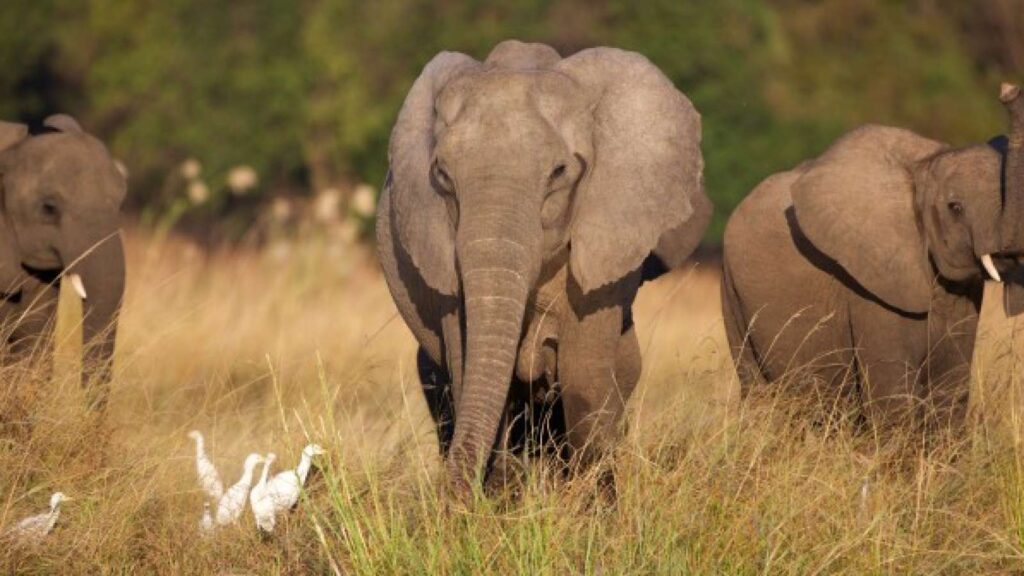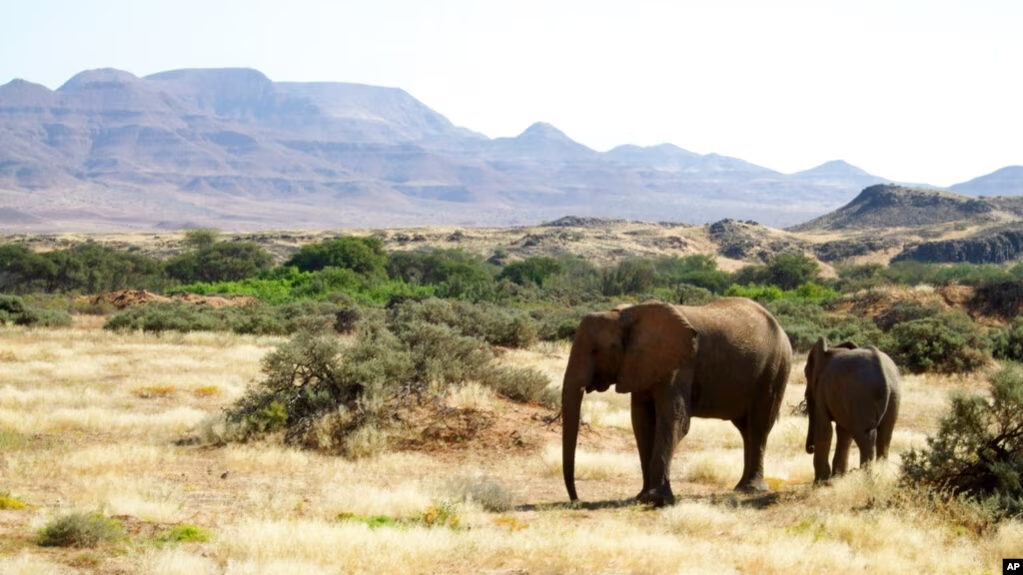Seven elephants from Namibia have been successfully relocated to the Cuatir Nature Reserve in southeastern Angola. The move, completed between August 5-7, 2024, aims to provide the elephants with a new habitat and help repopulate an area that lost its elephant population during Angola’s 27-year civil war.
The elephants were transported from the Mount Etjo Safari Lodge in Namibia, where a persistent seven-year drought has reduced forage and grazing land for a herd of 50 elephants. The relocation involved a 700-kilometer (435-mile) journey that took 38 hours by road.

Stephen Van Wyk, owner of the Cuatir Nature Reserve, explained the historical context: “Elephants were taken out completely due to their value for meat to feed people and also the value of their tusks to pay for the war expenses.” The reserve, which spans 40,000 hectares, is now working to reintroduce elephants to the area.
Annette and Alex Oelefse, owners of the Mount Etjo Safari Lodge, plan to relocate an additional 14 to 16 elephants in the coming weeks. Annette Oelefse reported that the relocated group, which includes a mother and her young, is adapting well to their new environment. “She is the stability of a herd and also her young and so that forms a beautiful herd. She has gone with her family, her teenage calves and her little calf, so the structure is a very stable family,” Oelefse stated.

Wildlife veterinarian Ulf Tubbesing, who assisted in the relocation, described the new habitat as “paradise” compared to the drought-stricken conditions in Namibia. The elephants will be kept in an electrically fenced area within the Cuatir reserve.
Experts note that while elephant relocation is an expensive undertaking, it remains the best option to repopulate areas where these animals once roamed freely and to alleviate pressure in overpopulated areas. This relocation effort represents a significant step in wildlife conservation, addressing both the challenges of drought-affected regions and the restoration of elephant populations in previously inhabited areas.
A VOA story



